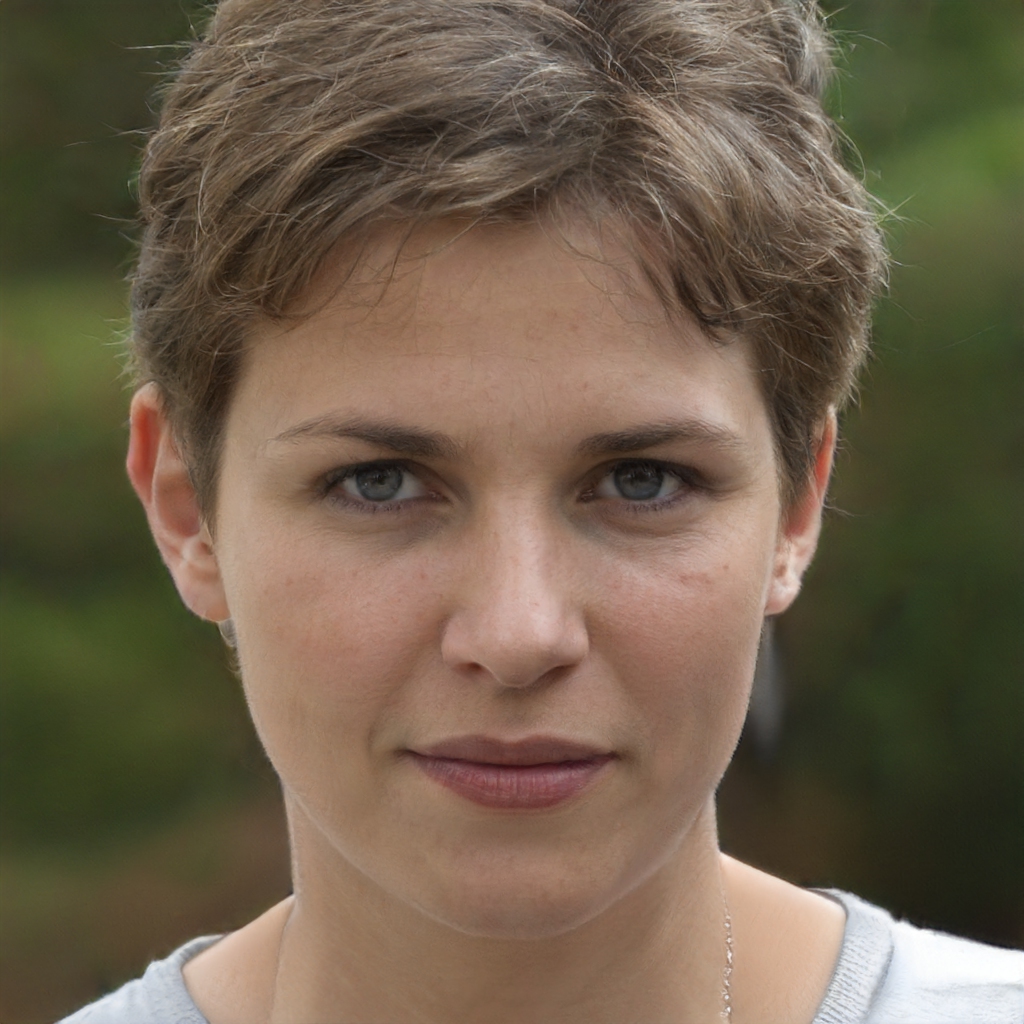For futurologist Nick Bostrom, in the future a superior entity, like a mega computer, will have control of humanity. In what does the Singleton hypothesis consist
Of works that have tried to imagine, even with significant dramatic effects, the future that awaits us in a few centuries (or even earlier) there have been many, but a comparison that gives the measure of how wide range, from optimistic to pessimistic, the predictions on the world to come, can be that between classic science fiction and dystopian science fiction.
In the former, generally, humanity has realized the ideal of a perfectly regulated efficient society, often thanks to technology. In dystopian science fiction - which in turn can be subdivided into cyberpunk, post-apocalyptic, etc - the world is a place of despair over which multinational corporations or bloodthirsty dictators reign uncontested, having come to power after a climatic catastrophe or caused by a war.
Futurology, the social science that has as its object of interest a systematic exploration of possible futures, has generally given rise to more temperate hypotheses, but in the context of the theories devised by futurologists, perhaps the Singleton hypothesis represents the most suggestive and close to the sci-fi of cinema (which then more than once anticipated real developments).
What is it about?
What is the Singleton hypothesis and the theory of futurologist Nick Bostrom
"Historically, we have seen a general trend toward the emergence of higher levels of social organization," explains futurologist Nick Bostrom on his website. "From hunter-gatherer bands," he continues, "to city-states, nation-states, and now multinational organizations, regional alliances, various international governance structures, and other aspects of globalization. The conclusion is that "the extrapolation of this trend points to the creation of a Singleton."
The Singleton is for all intents and purposes a single decision-making entity, which could take the form of an identical moral code, a single government, or even a "super-intelligent" but "friendly machine." How many science fiction movies can you think of? The mega-computer would have to be "so powerful that it would not be hindered in its plans by any other entity".
The realization of the Singleton to avoid the self-destruction of man
The realization of the Singleton could depend on some factors, that is it would result advantaged by some technologies compared to others and, always in the words of the analyst, it could contribute to avert a war able to destroy the humanity.
Are we really going in the direction of a super-computer? To understand it maybe it could be useful to retrace the history from the first computer to the last and surprising abilities of the informatic tools, like the one to imitate our voice.
Giuseppe Giordano
